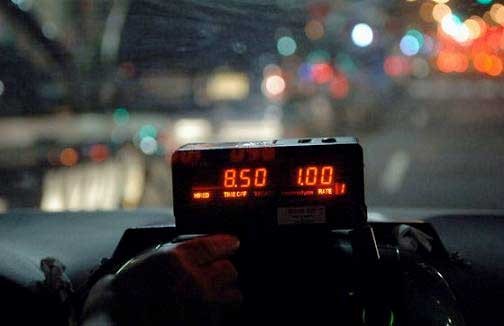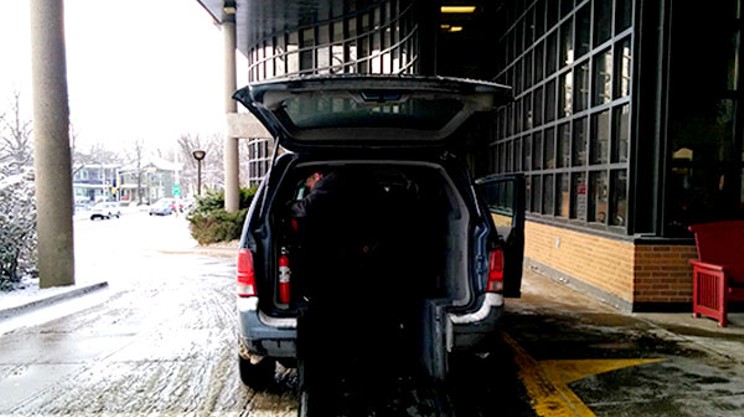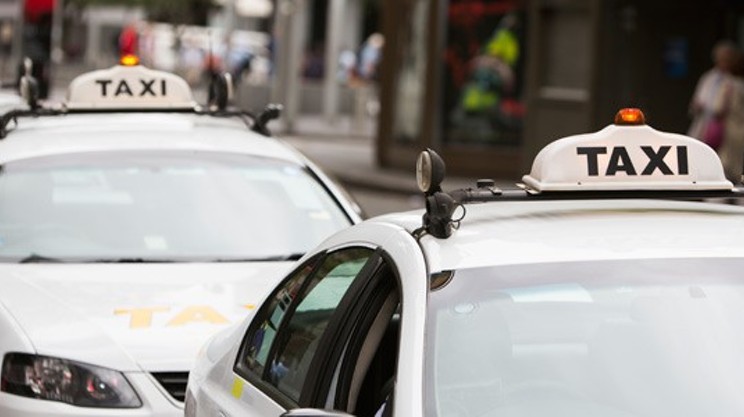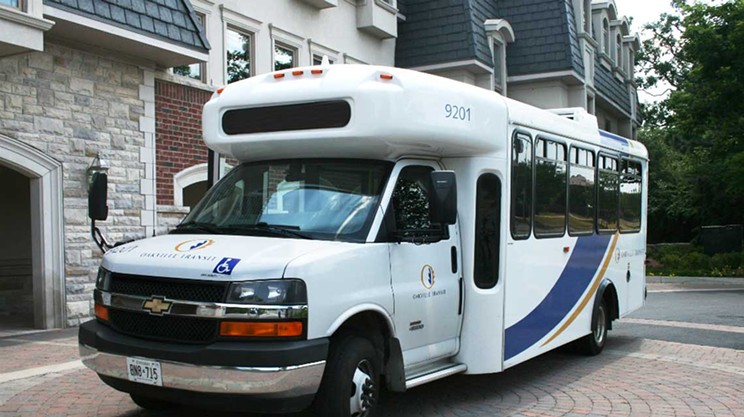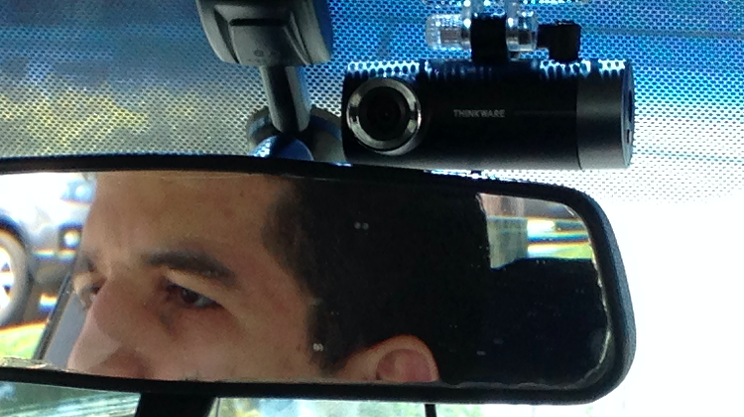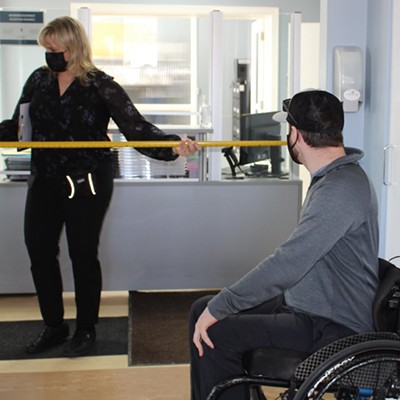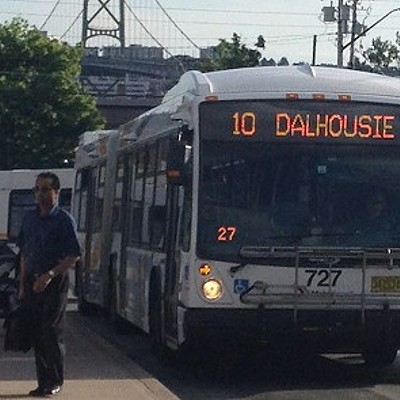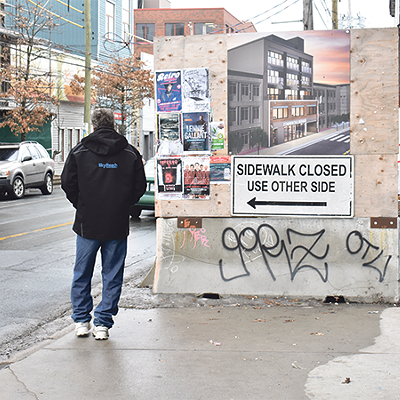Uber’s inevitable arrival inches closer after council’s transportation standing committee sent the Vehicle for Hire Licensing Program Review through to council Tuesday morning. With a few amendments, the staff report, based on Hara Consultants review will make big changes for the municipality’s taxi drivers from increasing training for drivers, adding GPS in cars, making credit and debit machines mandatory and increasing the limit on the number of licences available.
A supplementary report is to be prepared to look at implementing Transportation Network Companies (TNC)s like Uber or Lyft—which kept the ride-sharing giants out of the discussion. But Dartmouth Councillor Sam Austin warns that all these plans to burgeon up the taxi industry may be for nothing if they’re not also discussing what happens when the city “inevitably” of lets another company “come in and have a free for all.”
The report’s third recommendation addresses the issue of accessible taxis in the city, which Councillor Waye Mason says is a “market failure system.” “Right now, the
Today there’s only 16 and Vicky Levack, 28, a public speaker in Halifax who relies on accessible transit to get around the city says you’ll never see one on the road after
Incentive and subsidies are one solution, but hopeful drivers have spent as many as 13 years on the waitlist instead of driving an accessible taxi. Councillor Lindell Smith warns that the report’s suggestion to add 600 licences could mean accessible drivers will swiftly swap for regular licenses. Not having reliable access to taxi services leave Levack’s life without any spontaneity.
"Even if I just wanted a Starbucks. I have to be like oh I want a Starbucks but I have to wait a week. Able-bodied people don’t have to do that.” Levack says this isn’t an issue of special pricing for “special needs.”
“You can’t put a price on my autonomy.”
The crowd of taxi drivers at Tuesday’s meeting were concerned about

